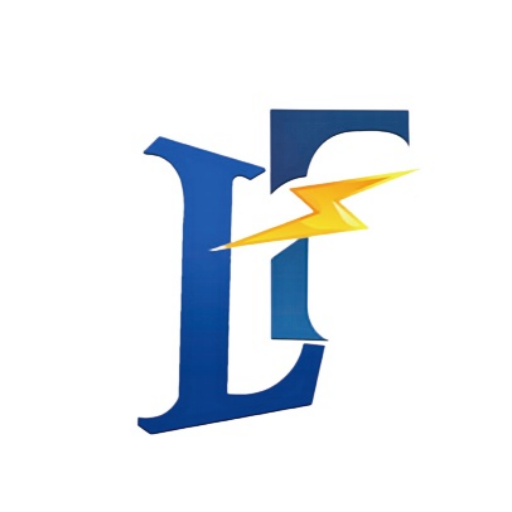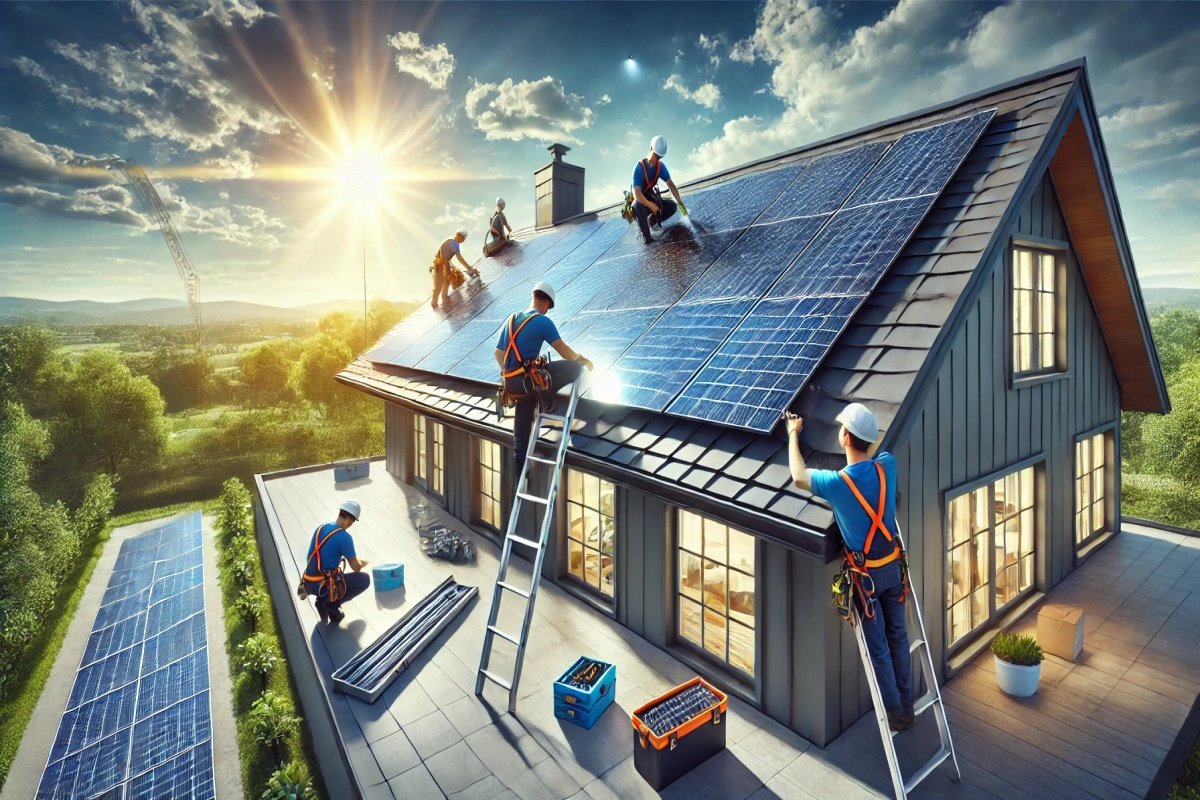How to Choose the Right Micro Inverter: DC Line Connector vs. Board End Connector
The rapid development of micro inverters worldwide in recent years has been driven by growing global emphasis on safety, efficiency, and convenience in solar energy systems. This has led to an influx of manufacturers entering the micro inverter market, each offering unique product designs based on different interpretations of market demands. Today, we will focus on the different solutions available for the DC output end, comparing two major approaches commonly used today. These are the DC line connector solution, favored by leading brands, and the board end connector solution, preferred by some key manufacturers. What distinguishes these two connector solutions, and how do they impact real-world installation?
1.Board End Connector
The board end connector design is generally focused on structural cost efficiency.

Installation: The board end connector is typically fixed directly to the micro inverter’s sheet metal. While this design offers a more cost-effective solution, it can be cumbersome to install in complex environments and lacks the flexibility needed for certain rooftop setups.
Reliability: Board end connectors require more advanced waterproofing technology and precise factory processing to ensure reliable performance. In harsh environments, these connectors are more vulnerable to damage during installation or transport. Therefore, the design of these connectors must incorporate reinforced materials to improve durability.
Damage Rate: Due to its rigid construction, the board end connector is more likely to break under stress or impact, particularly in challenging transport and installation conditions.
After-Sales Service: If a board end connector fails, the entire micro inverter unit must be replaced, resulting in higher after-sales service costs.
Price: One of the main advantages of the board end connector is its lower cost for DC wiring harnesses, which ultimately makes the overall cost of the inverter more competitive.
2.DC Wire Connector
The DC wire connector is designed for greater flexibility and ease of installation.
Installation: The DC wire connector provides a more flexible and user-friendly installation process, particularly in rooftop setups. This flexibility allows for easier handling and fewer complications during the installation of the micro inverter system.
Reliability: DC wire connectors offer a higher level of waterproof protection and are generally more stable and reliable, particularly in harsh weather or environmental conditions.
Damage Rate: Thanks to the flexibility of the DC wiring harness, it is better equipped to withstand the stresses of transportation and installation, reducing the likelihood of damage.
After-Sales Service: A major benefit of the DC wire connector is that if it fails, only the connector itself needs to be replaced, simplifying after-sales service and reducing maintenance costs.
Safety Standards: However, DC wire connectors come with stricter EMC (Electromagnetic Compatibility) testing requirements. These higher standards, along with more complex production processes, are some of the reasons why some manufacturers avoid using DC line connectors, as they are more difficult to pass through the necessary tests.
Leading the Future of the Photovoltaic Industry
Overall, the DC wire connector solution offers more advantages than disadvantages, especially in terms of reliability, ease of installation, and after-sales service. However, as competition in the photovoltaic market intensifies, many manufacturers opt for the board end connector solution due to its cost-effectiveness. Furthermore, the smaller packaging size of the board end connector reduces logistics costs, which has led many companies to prioritize price over the long-term reliability of the micro inverter itself.
As the core component of a photovoltaic power generation system, the micro inverter plays a critical role in converting DC power into AC power. A well-designed micro inverter should have a lifespan of at least 25 years to ensure reliable long-term performance. For solar power systems, which are a significant financial investment, it is crucial to prioritize reliability and long-term operational stability, in addition to considering upfront costs. Any failure in a micro inverter could result in significant electricity losses, making long-term durability a key factor to consider.
At Shenzhen Lefu, we remain committed to the concept of “simplifying installation” while meeting market demands. We continuously innovate in the field of micro inverter technology to provide the most reliable and cost-effective solutions for the solar industry. Stay tuned for more updates!

